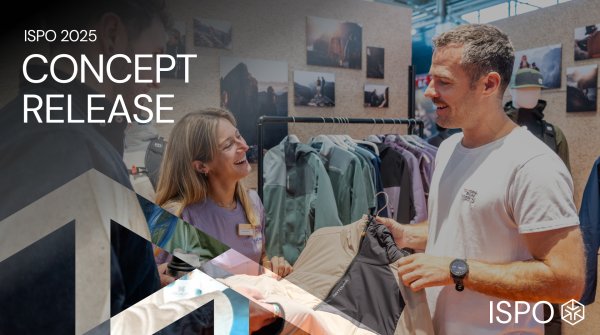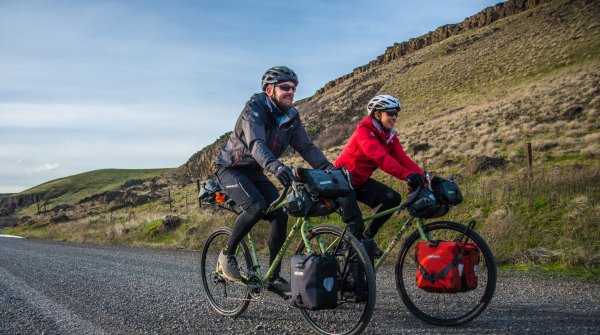Sustainability Hub
There will be even more insights at ISPO Munich 2023, from 28 - 30 November in Munich. To offer the topic the stage it deserves, there will even be a separate area for it: the Sustainability Hub.
Already launched at ISPO Munich 2010, the Sustainability Hub will also be the hub for all sustainability topics in 2023. In the area sponsored by VAUDE, over 50 brands will present their sustainability projects.
Sustainability seals are certifications issued by various organizations, associations or government agencies to certain products or brands. In order to be allowed to carry a corresponding seal, companies must adhere to certain standards and specifications. Only when all criteria have been met are the products certified with the corresponding seal. For you as a consumer, this means greater transparency and safety. The seals offer a good orientation if you are looking for sustainable products in the outdoor sector.
Sustainability is a megatrend, and not just on the consumer side; companies have also long since discovered the movement and taken advantage of it. Unfortunately, however, the slogans and labels are not always honest environmentally friendly processes and products, but empty promises intended to boost sales. After all, companies know that consumers prefer to buy products that are declared as sustainable. Unfortunately, there are still many gray areas and black sheep in this area. The following sustainability seals are intended to bring light into the darkness, because they provide transparency and offer orientation. They distinguish companies and products that actually make their processes more sustainable. It is important to know that the individual seals have very different focuses and criteria. In this article, we present 31 sustainability seals that you should definitely know about.

The Fair Wear Foundation is an international non-profit organization. It monitors working conditions in the manufacturing countries. The aim is to enforce international social standards. The working conditions are regularly checked on site. Well-known manufacturers such as Vaude, Schöffel, Deuter, Salewa, Ortovox and Mammut have already joined the organization. Unlike many other seals, the focus here is not on ecological action, but on social aspects, which are at least as important.
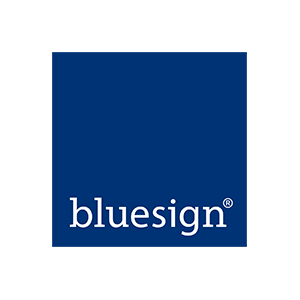
The Bluesign seal relates to the complete value chain and is based on the following five criteria:
- Resource productivity
- Consumer protection
- Water protection
- Immission protection
- Occupational safety
Companies wishing to be awarded the Bluesign seal must have their raw materials tested for these criteria prior to production. Only when all of the mentioned principles are fulfilled, a company is allowed to print the Bluesign seal on their products.

The Oeko-Tex100 standard is a worldwide testing system for products. This includes not only the textiles, but also buttons, zippers or threads. Legal rules, such as banned substances or substances of concern, are automatically included in the standard. Standard 100 by Oeko-Tex is used to label products for their harmlessness to health. It applies to all processing stages in textile production.
The Made-in-Green seal from Oeko-Tex is one of the strictest seals on the market. It ensures that products are tested for harmful substances. It also guarantees sustainable production and fair and social working conditions in all the factories involved.
Step by Oeko-Tex guarantees sustainability throughout the entire production chain, from raw materials to the finished product.

Products bearing the GOTS seal have been manufactured in a completely environmentally and socially responsible manner. In addition, the products contain at least 70 percent natural fibers that come from controlled organic cultivation. The standard is valid worldwide.

The Responsible Wool Standard (RWS) refers to textiles whose production focuses on animal welfare and resource conservation. Anyone who commits to the standard must also ensure that each individual work step is traceable.
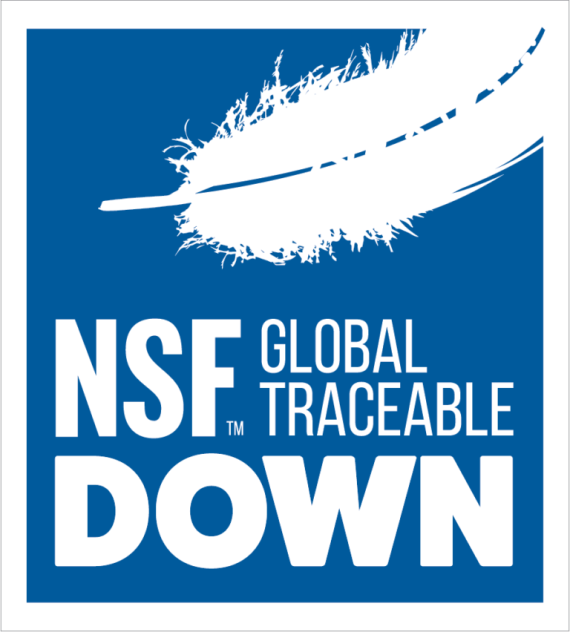
The Responsible Down Standard (RDS) is a globally valid standard in the field of down processing. It is awarded by the international non-profit organization Textile Exchange. The concept includes neutral certification bodies and unannounced inspections. Manufacturers such as North Face, Columbia, Mammut, Jack Wolfskin, Deuter, Haglöfs, Dynafit and Salewa have already committed to this principle.

Another seal that deals with the manufacture down products is the Global Traceable Down Standard. Originally, the Global TDS was founded by Patagonia. It is aimed at producers and processors of down and is now controlled by the American organization NSF International. Those who want to carry the seal must refrain from down from stuffing and live plucking. The Global TDS is the strictest seal of its kind.
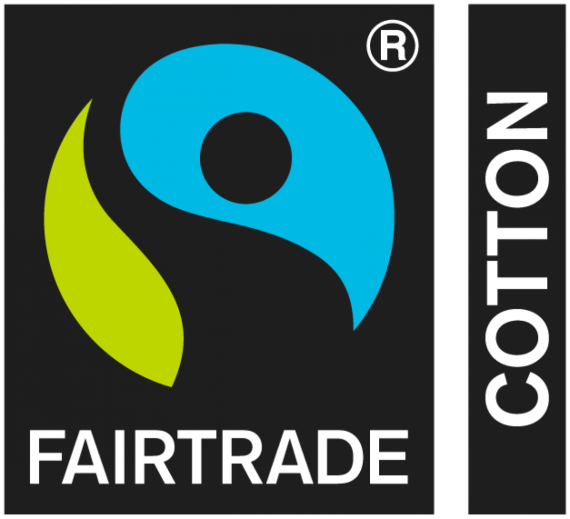
Fairly grown and traded cotton may bear the Fairtrade Cotton seal. It prohibits the use of genetically modified seeds. Fairtrade Cotton includes both conventional and organic cotton. The focus is on small farmers, who are to be supported by the seal.
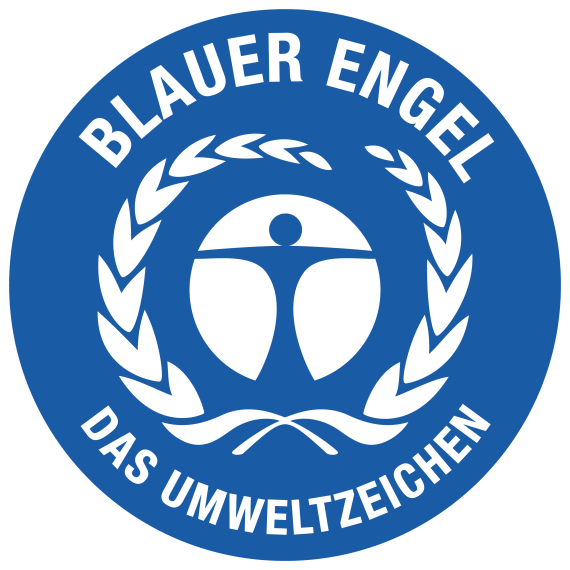
The German "Blue Angel" seal is awarded to products that stand out for being more environmentally friendly than comparable products. The Blue Angel seal has been the German government's environmental label for more than 40 years. It recognizes environmentally friendly products and services. The Blue Angel is one of the best-known seals in the non-food sector. Many everyday products bear the label: for example, paints, furniture, detergents, recycled paper as well as clothing.

The Naturtextil IVN seal is awarded by the International Association of the Natural Textile Industry. It identifies products that come entirely from controlled organic cultivation or from organic animal husbandry. The seal also includes the prohibition of harmful chemicals during production.
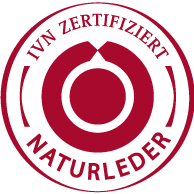
The IVN Natural Leather Seal is also awarded by the International Association of the Natural Textile Industry. It is only awarded to manufacturers who use natural products instead of chemicals in the tanning and dyeing of leather. The end product must comply with certain limits with regard to harmful substances. Compliance with high social standards is also monitored.

The Green Button is a government seal that was introduced in 2019. It is issued by the German Federal Ministry for Economic Cooperation and Development. To be allowed to carry the seal, producers must observe social, ecological and sustainable aspects. Companies must meet a total of 46 criteria to be allowed to carry the seal. These are divided into 20 company criteria and 26 product criteria. These include points such as forced labor and limits for wastewater.
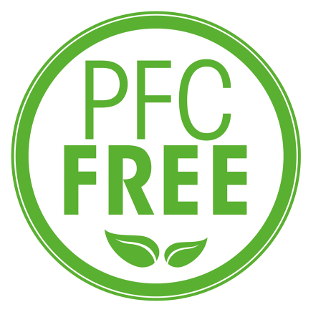
The 100% PFC Free seal guarantees that products are free of harmful perfluorinated and polyfluorinated chemicals, or that these chemicals have not been used in the production process. This substance is very harmful to humans and the environment and is still used in the production of clothing products. Jack Wolfskin or Deuter, on the other hand, have decided against the use of PFC and are therefore allowed to label their products with the 100% PFC Free seal.
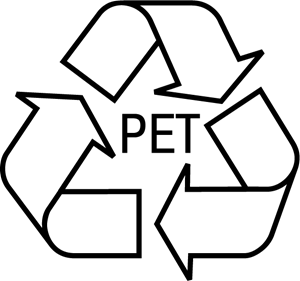
The fact that it is more sustainable to extend the life cycle of products instead of throwing them away after use is no longer a secret. This is also the case with recycled plastic bottles. Products made from recycled PET are allowed to carry this seal. Especially clothing and accessories, such as backpacks, are often marked with the PET Recycled seal.
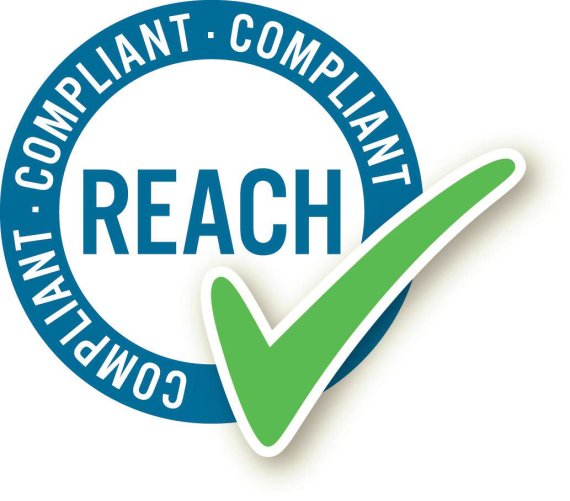
The REACH regulation is a label developed by the European Union. Its purpose is to protect human health and the environment from the risks that can be posed by chemicals. It also aims to increase the competitiveness of the European Union chemical industry.

This seal stands for functional, environmentally friendly products made from sustainable materials. In addition, fair working conditions are ensured throughout the entire supply chain. The criteria are continuously revised and cover the entire life cycle of a product - from design and production to care, repair and recycling.

With a certificate from the B Corporation, companies have committed themselves to maximizing their profits and, above all, to social responsibility and environmental sustainability. The seal was introduced in 2006. There are now more than 5,000 certified B Corporations in over 70 countries, including Patagonia, The Guardian and Soulbottles.

The Better Cotton Initiative is campaigning for more sustainable cotton cultivation - also in the conventional sector. The aim is to avoid the use of pesticides. It also guarantees reduced water consumption. The Better Cotton Initiative also campaigns for soil protection, product quality and social issues.

The Cradle to Cradle initiative is committed to circular thinking. Certification has been possible since 2010 through the non-profit Cradle To Cradle Products Innovation Institute. The following criteria are evaluated:
- Material health
- Recyclability
- Use of renewable energies,
- Responsible use of water
- Social justice.
Certifications are awarded in Basic, Bronze, Silver, Gold and Platinum.
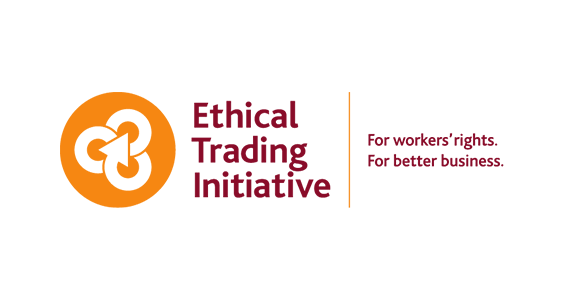
The ETI seal can be seen as a sustainability seal for Supply Chan. It advocates humane and fair working conditions. Particular focus is placed on issues such as freedom of association, the elimination of forced labor and the abolition of child labor.
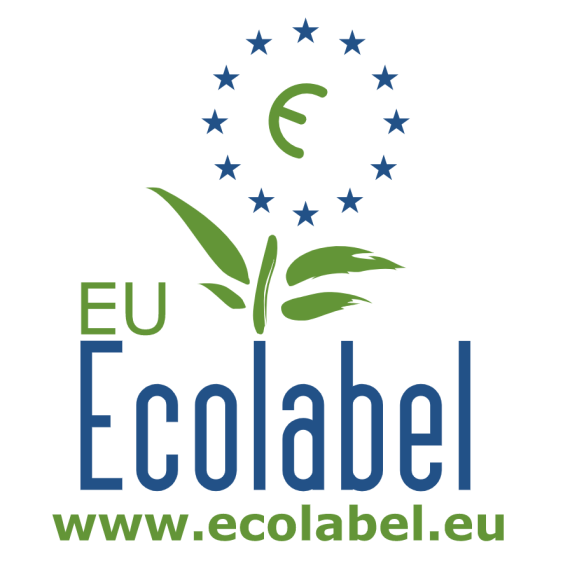
The European Union Eco-label certifies a wide range of products and services. To be allowed to carry the seal, the entire product life cycle is examined, including production and disposal. In Germany, the seal is awarded by the German Institute for the Assurance of Quality and Labelling (RAL) and the Federal Environment Agency.
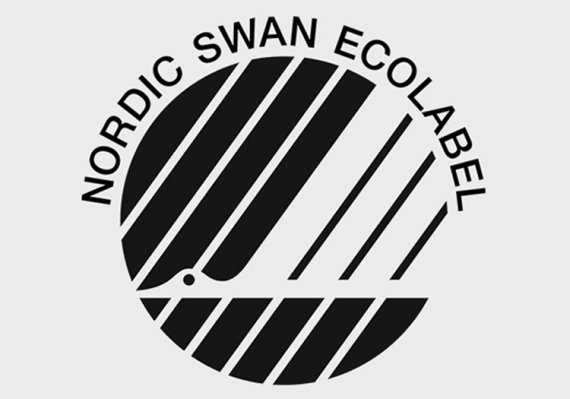
The Nordic Ecolabel is the official ecolabel for Finland, Norway, Sweden, Denmark and Iceland. It is symbolized by a swan. Before the seal is awarded, the production of the raw material, but also the further processing and the use of chemicals are controlled.

The UN Global Compact Initiative is the world's largest corporate social responsibility (CSR) initiative. The standard stands for sustainable business practices in order to make globalization more socially and ecologically responsible. Companies must conduct business responsibly by aligning their strategies and operations with the ten principles on human rights, labor standards, the environment and anti-corruption. They are also required to take strategic action to advance broader societal goals such as the UN Sustainable Development Goals.

Only textiles and accessories that are 100% vegan are allowed to carry the "Sunflower" of the British Vegan Society. The manufacturing process must be entirely without animal products.

"People for Ethical Treatment of Animals", PETA for short, is one of the world's largest animal welfare organizations. In addition to radical campaigns for vegan nutrition and animal welfare, the organization has also launched the "PETA-Approved Vegan" seal. The label is used for products that are 100% vegan and have been produced without any animal suffering.
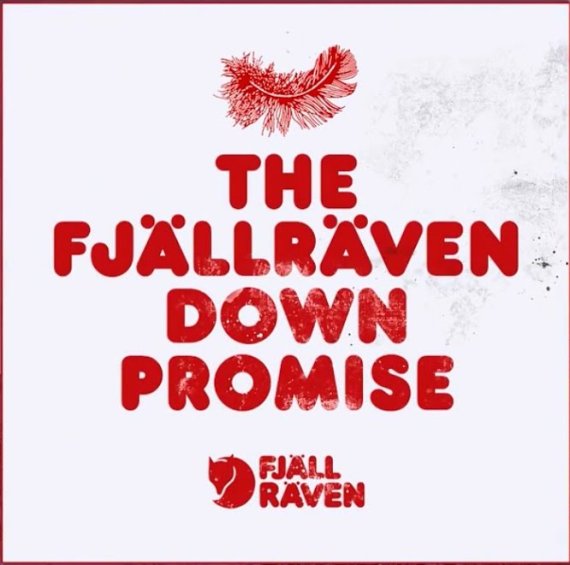
With its DownPromise, Fjäll Raven has set its own standard. The aim of this seal is to generate more transparency. The processed down can be tracked at any time. In addition, the seal is a promise that the animals are not harmed during down extraction and that the feathers are of the best quality.

The Fairtrade Textile Production seal identifies fairly produced clothing and other textiles. The Fairtrade Textile Standard refers to the entire supply chain and aims to improve the working and living conditions of the people who work in textile production. In addition to ecological criteria, the main focus is on training workers* to be able to negotiate fairer working conditions.

The Fair Labor Association is an American NGO and focuses on fair working conditions in production and manufacturing. This includes both the production of natural fibers and synthetic fibers.
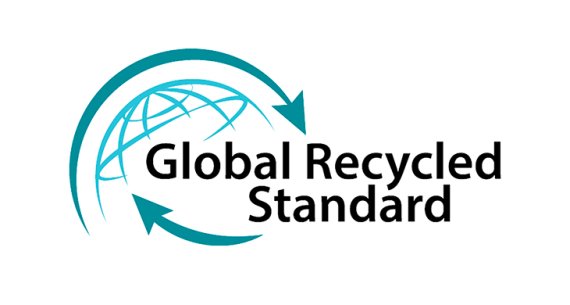
The GRS is an international, voluntary product standard that prescribes requirements for the independent certification of recycled materials, the chain of custody, social and environmental practices, and chemical restrictions. Products with at least 20% recycled content are eligible to carry the Global Recycle Standard seal.
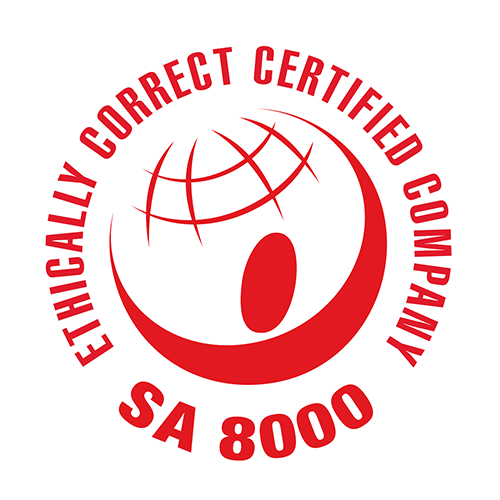
SA8000 is an international standard aimed at improving the working conditions of production employees. Created by Social Accountability International (SAI), an international NGO, the SA8000 standard serves primarily international companies as a minimum requirement for labor and social standards.
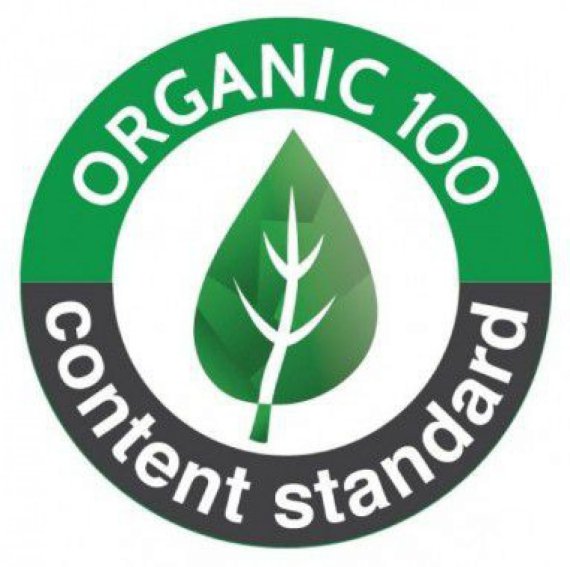
The Organic Content Standard 100 (OCS) may only be used by products that contain between 95 and 100 percent organic material. The OCS makes it possible to record the amount of organic content in an end product and to trace raw materials from source to end product.
 Sustainability4 tips to Green Deal-compliant packaging
Sustainability4 tips to Green Deal-compliant packaging
- Awards
- Mountain sports
- Bike
- Fitness
- Health
- ISPO Munich
- Running
- Brands
- Sustainability
- Olympia
- OutDoor
- Promotion
- Sports Business
- Textrends
- Triathlon
- Water sports
- Winter sports
- eSports
- SportsTech
- OutDoor by ISPO
- Heroes
- Transformation
- Sport Fashion
- Urban Culture
- Challenges of a CEO
- Trade fairs
- Sports
- Find the Balance
- Product reviews
- Newsletter Exclusive Area
- Magazine


